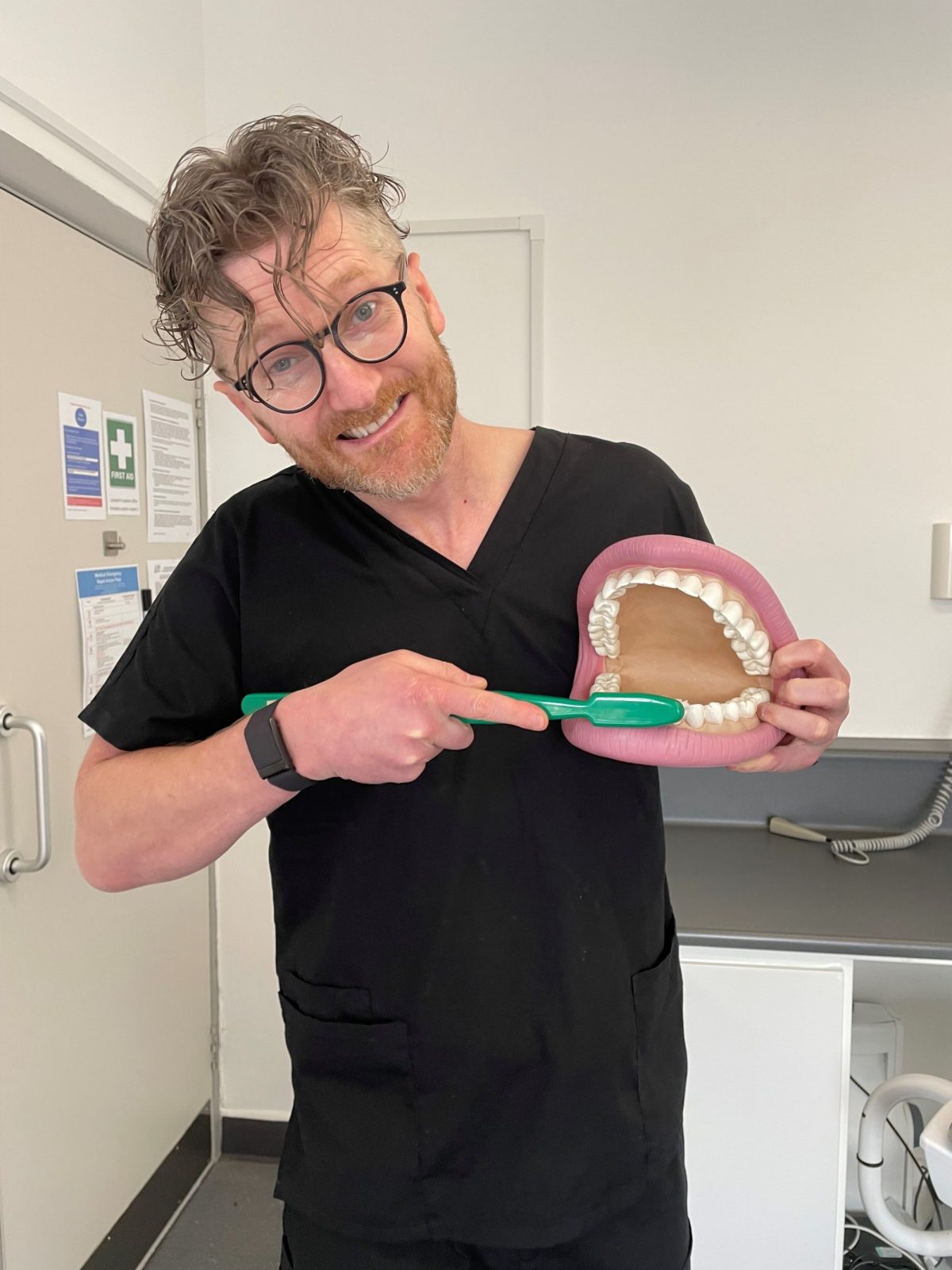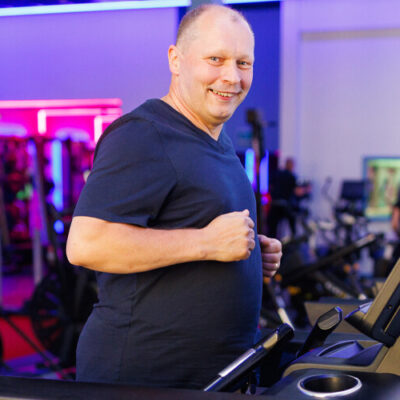
Ask the Experts -Summer 25
by Colne Life magazine
Local experts answer your questions
Meet KATY LEACH from

Colne branch, 24-26 Albert Road, Colne. BB8 0AA themarsden.co.uk
Lisa Mayfield from Laneshawbridge asks..
Do I need to pay tax on savings interest?
Katy says…
Any interest earned on savings is classed as income, which means it can be taxed. However, savers may be entitled to certain annual tax-free limits. Whether you pay tax depends on the type of savings account and the amount of interest earned.
With a Cash ISA, you can save up to the annual ISA allowance without paying tax on the interest. The ISA allowance resets at the start of each tax year and the 2025/26 limit is £20,000. Additionally, interest earned in an ISA doesn’t count towards this allowance.
Savers also have a separate Personal Savings Allowance (PSA). With the PSA, basic rate taxpayers can earn up to £1,000 in interest in non-ISA accounts, per year, before they need to pay tax. For higher rate taxpayers, this threshold is £500. Remember, you can utilise both allowances within the same tax year, as they don’t affect each other.
If you would like some more information, or have questions about your savings, pop into our Colne branch and our team will be happy to help.
Meet CAROLINE STEPHENSON from


Units 10 and 11 Shackleton Hall Arcade, Colne BB8 0LG
01282 786727
Ami Haines from Barrowford asks…
Why is my hair so dry and lifeless?
Caroline says…
Summer is a common time for hair complaints after the harsh conditions of winter and spring have taken their toll. Cold air strips moisture from the hair follicle, leaving strands brittle, prone to
breakage, and full of frizz. For some, the scalp compensates by producing excess oil, leading to greasy roots and limp, lifeless hair. Even wearing hats, essential for warmth, can contribute to hair thinning, while reduced blood circulation in colder months may slow hair growth.
Despite slower growth, regular trims remain essential to keep hair healthy and looking fresh. If your hair stays dry even as the temperatures rise, other factors may be at play. Age, menopause, medication, and chemical exposure can all contribute to long-term dryness and damage.
While chemicals are unavoidable (they’re even in shampoos), you can reduce exposure by shampooing less frequently and minimising chemical treatments like perms and hair colouring. While this might require adjusting your routine, the payoff is worth it—stronger, shinier, and healthier hair in the long run. Treat your hair with care, and it will reward you with bounce and vitality!
Meet Dr TOM FRIAR from

Brian Tennent from Laneshawbridge asks…
I’ve always blamed my bad teeth on my dad, but is tooth decay hereditary?
Tom says…
A good question! Whilst tooth decay itself is not directly hereditary, genetic factors can influence your risk of developing it. These can include:
- Enamel strength – some people have naturally weaker enamel, making them more prone to tooth decay.
- Tooth alignment: Crooked or crowded teeth, which are often inherited, can be harder to clean, increasing the risk of tooth decay.
- Taste preference – Genetics can influence your taste preference, which can affect the amount of sugar you consume.
- Saliva production – Genetics can affect how much saliva you produce, and your saliva helps to neutralise acids, protecting against tooth decay.
What you do matters more!
Ultimately, you are in control of your teeth’s destiny! Diet, brushing your teeth twice daily with fluoride toothpaste, cleaning in between your teeth, and accessing routine dental care are the main factors in ensuring you keep tooth decay at bay!
Meet SYED MAHMOOD, an audiologist from


Norway House, 60 Albert Road, Colne, BB8 0AD
01282 859775 – Planitopticians.co.uk
Margaret Philips from Colne asks…
How do I know when it’s time for a hearing test?
Syed says…
The most common signs of hearing loss are conversations becoming muffled, and you will start to notice that you have to ask people to repeat themselves, especially when in noisy situations such as restaurants and pubs.
Family members and friends will start to comment on things such as the TV being too loud or the fact that they are having to repeat things. Also, you may start to notice a buzzing or ringing sound, which is most likely caused by a deterioration of hearing. If you are noticing any of these signs, then it would be beneficial to have a hearing assessment.
Is hearing loss just part of getting older?
The risk of hearing loss is greater as we get older. Half of the population above the age of 55 has hearing loss, and on average, it usually takes 7 years for a person to intervene and correct the hearing loss. However, there are various causes of hearing loss, and the best way to determine the cause is to have a hearing test.
Call us for a FREE hearing test.
Ask local experts your questions and get professional advice by emailing your questions to info@northernlifemedia.co.uk!
ColneLife March/April/May 25






